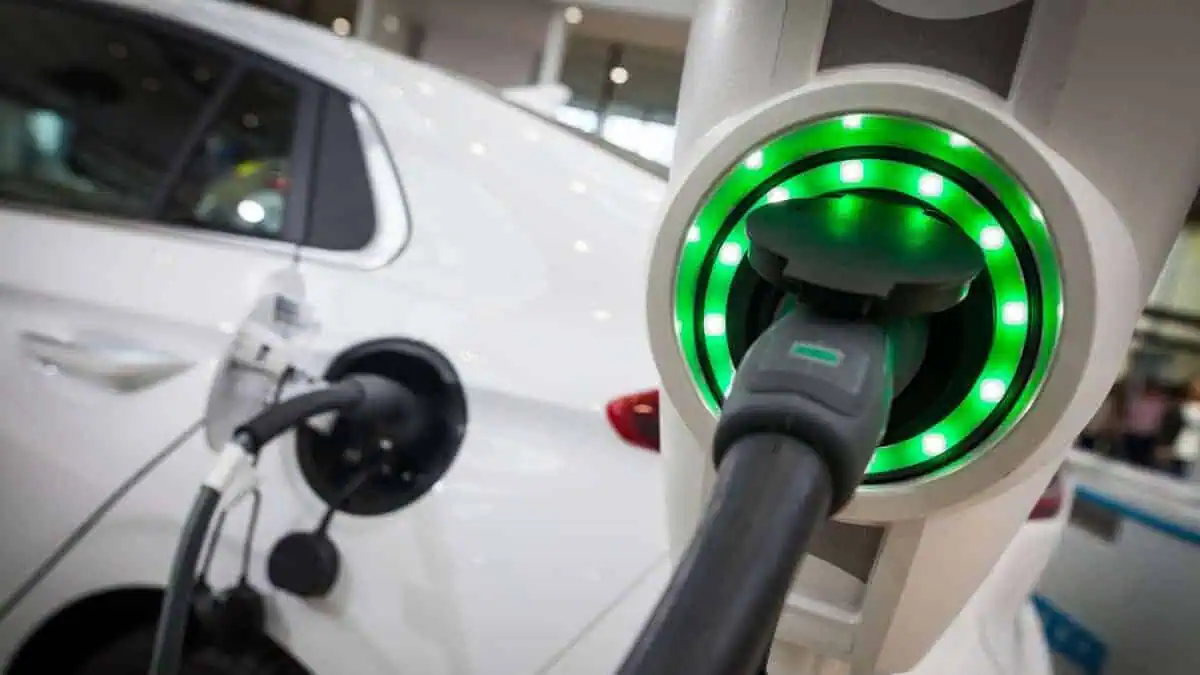Electric vehicles could match the prices of traditional internal combustion engine (ICE) models in the European and US markets in 2024 and 2026, respectively.
Moreover, EVs could hold two-thirds of the global car sales by 2030, according to Rocky Mountain Institute’s (RMI) recent research forecasts.
Battery prices forecast
On Thursday, RMI predicted battery prices to drop by 50% to $60-$90 per kWh in 2030 from $151/kWh in 2022.
According to the institute, this significant price decline will enable EVs “for the first time as cheap to buy as petrol cars in every market by 2030 as well as cheaper to run.”
For context, EV-grade batteries are originally expensive because they require minerals that are hard to extract and process. In effect, they contribute to about 40% of the model’s prices.
In a significant shift, battery prices have become more affordable due to the automakers’ efforts in exploring new battery technologies.
They have also advanced the R&D for more innovative materials and software to lower EV prices, RMI senior principal Kingsmill Bond told Reuters.
EV sales to grow six times by 2030
The research further indicated that the notable expansion of European and Chinese EV industries suggests that global sales would hit a sixfold growth this decade.
“EV sales will increase at least six-fold by 2030, to enjoy a market share of 62% to 86% of sales.”
RMI
For context, The European Union’s EV sales surged nearly 61% year-on-year in July. It enabled its market share to grow to 13.6% of all vehicle sales in the region.
The EU further aims to increase these percentages by banning new fossil-fuel vehicles by 2035.
On the other hand, the US Government has yet to decide on the specific data for phasing out traditional vehicles.
“It’s not radical whatsoever to see the continued exponential growth of electric vehicles. This is what one should expect.”
Kingsmill Bond, RMI senior principal
Oil demand outlook
RMI’s research also forecasts oil demand for vehicles to drop by 1 million barrels or more daily every year from 2031.
This notable demand decline for oil is an apparent effect of the wider electric vehicle adoption in the world by that year.
Exeter University’s Economics of Energy Innovation and System Transition’s (EEIST) analysis claims EV sales to enjoy “exponential growth.”
It projects medium-sized EVs to hit a tipping point in price parity with traditional vehicles in the following markets:
- Europe – 2024
- China – 2025
- US – 2026
- India – 2027
It further noted that this significant development in EV prices could happen “even sooner for smaller vehicles.”
See Also:
- EV sales accounted for 15% of global auto sales in July
- Tesla beats German rivals’ combined sales in the global EV market in H1 2023
- Global plug-in car sales surged 70% in April 2023
- Global plug-in electric vehicle sales topped 1 million in March 2023
- Plug-in car sales topped 800,000 globally in February, 2023
Electric vehicle adoption continues to progress across the world owing to the government’s efforts to promote the technology and automakers’ commitment to contribute to the shift to clean mobility. This major transition in the transportation sector will significantly reduce CO2 emissions globally.






